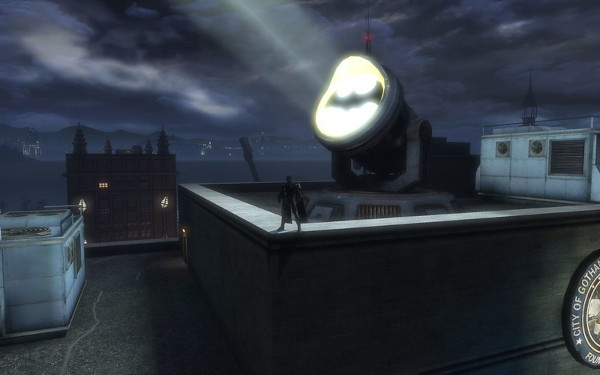Entries in a notebook carried by 37-year-old Iowa burglar Michael Sutton, arrested in the 1950s:
Clothes express and accentuate a person’s personality and station in life. Wear good clothes in order to be inconspicuous. Live in best hotels, so I won’t be noticed going and coming at odd hours.
Always carry the daily paper when on the prowl early in the evening — or a magazine. It looks like a person coming home from the office. Better still, carry a briefcase.
It takes an amazing amount of cunning to master crime.
Use bulb in toilet bowl to hide diamonds in — or cash.
Check to see if a town has an opera house or concerts on certain nights of the week. That’s where rich people congregate. Watch newspapers for names of people attending these.
Rich people live on No. 10 Hill in Baltimore, Maryland.
Bartenders, cabbies, fences, and women are stools. Frequent high class places where cheap stools and detectives can’t go.
Patience excels science.
Believe just the opposite of what people say — especially men — and you will be right ninety percent of the time.
Two guns in shoulder holsters and one 25 or 32 caliber automatic strapped to leg.
Leave phoney overcoat button at scene.
Use sneeze powder to foil capture. Sold in novelty stores. Called Cachoo — $1.00 per bottle.
Iowa Falls Museum. Solid gold armor. Also $5,000 gun collection, some with silencers. Go up through floor or down through roof.
The F.L. Doheny home has solid gold bath fixtures.
Dogs love the smell and taste of cinnamon.
Try to find out wealthy people’s birthdays. Chances are they have birthday parties downstairs. Then ransack second-floor rooms.
Buy diamonds with cash from Cartier’s when I want to sell a hot one. Show the receipt that it was purchased. Make sure it is same size and cut and purity.
On the day a criminal decides he is smarter than the police, he moves that much closer to the moment of his capture. Don’t belong to the egocentric class of criminals. Thieves who are so egotistical as to think that they can’t be caught are the ones who get caught.
I don’t have to prove my innocence. The police must prove my guilt beyond a reasonable doubt.
“I wonder a good deal about whether I’m crazy or not,” he told journalist St. Clair McElway. “They tell me they’ve got me taped as a constitutional psychopath, whatever the hell that is.”
(From Dennis Potter and Kevin B. Kinnee, Preliminary Criminal Investigations, 2015.)






